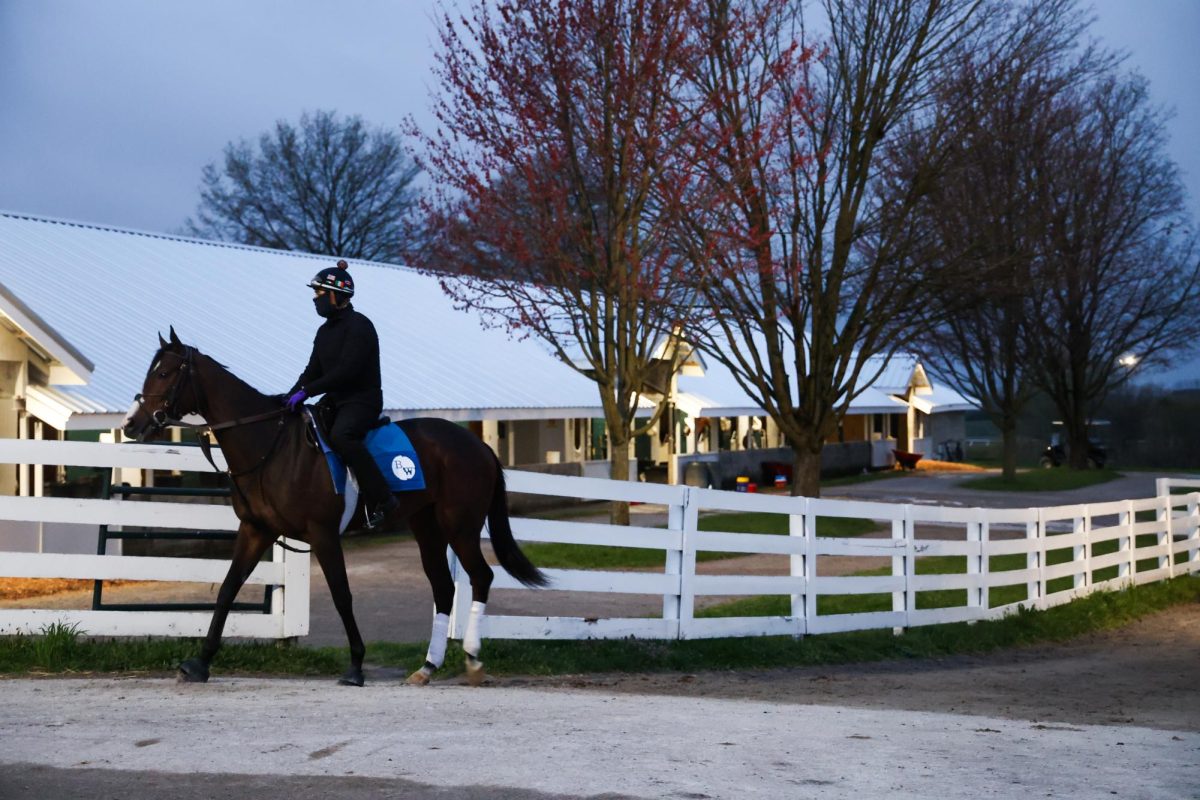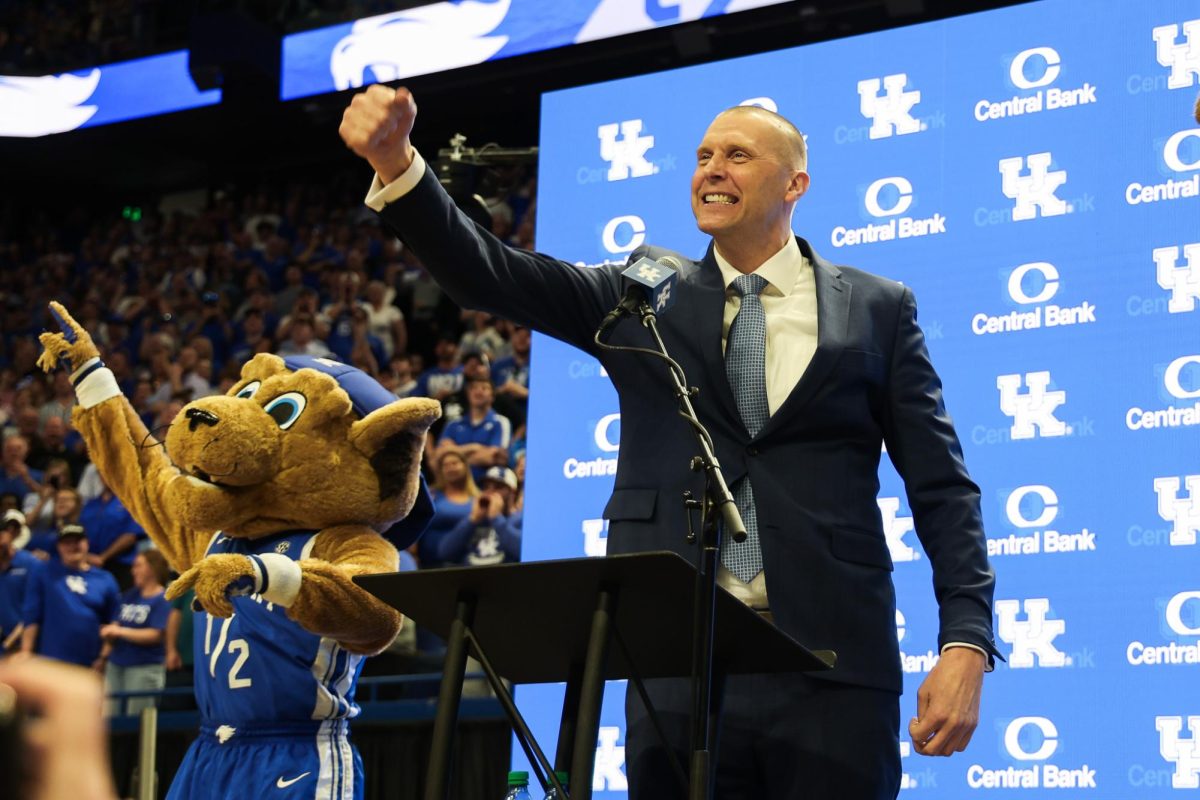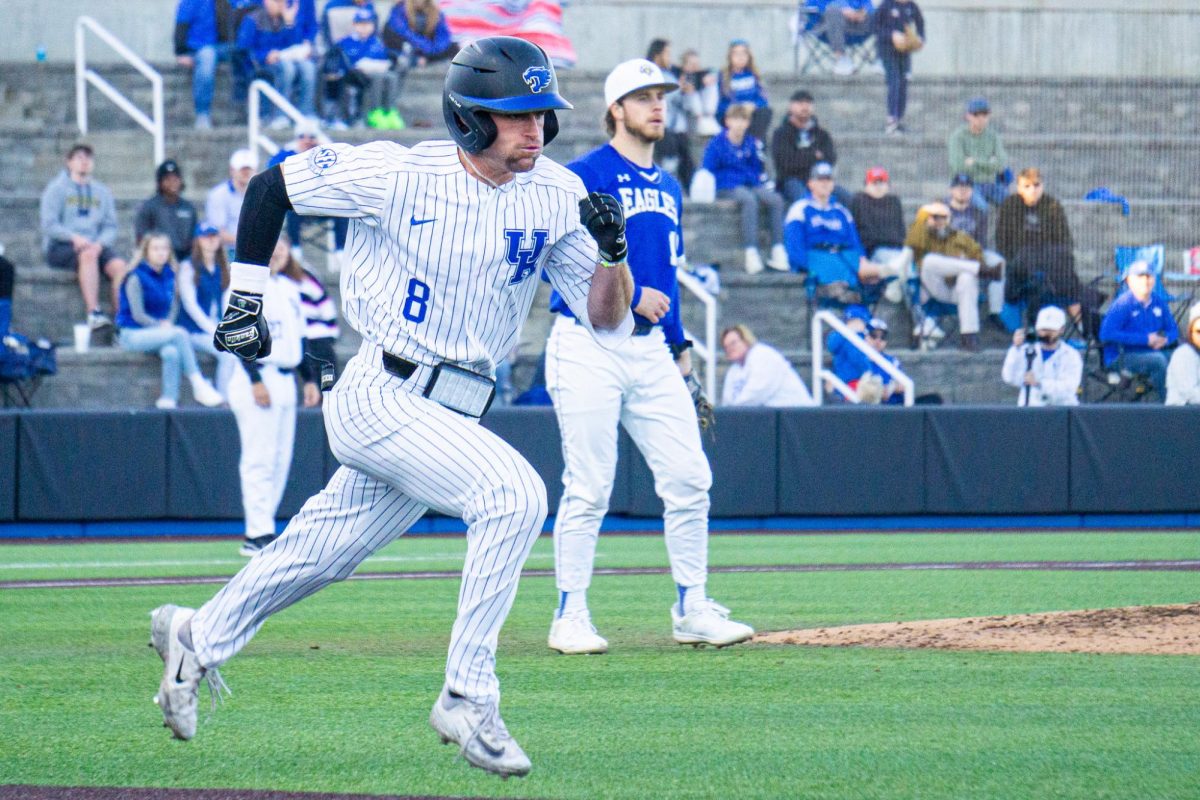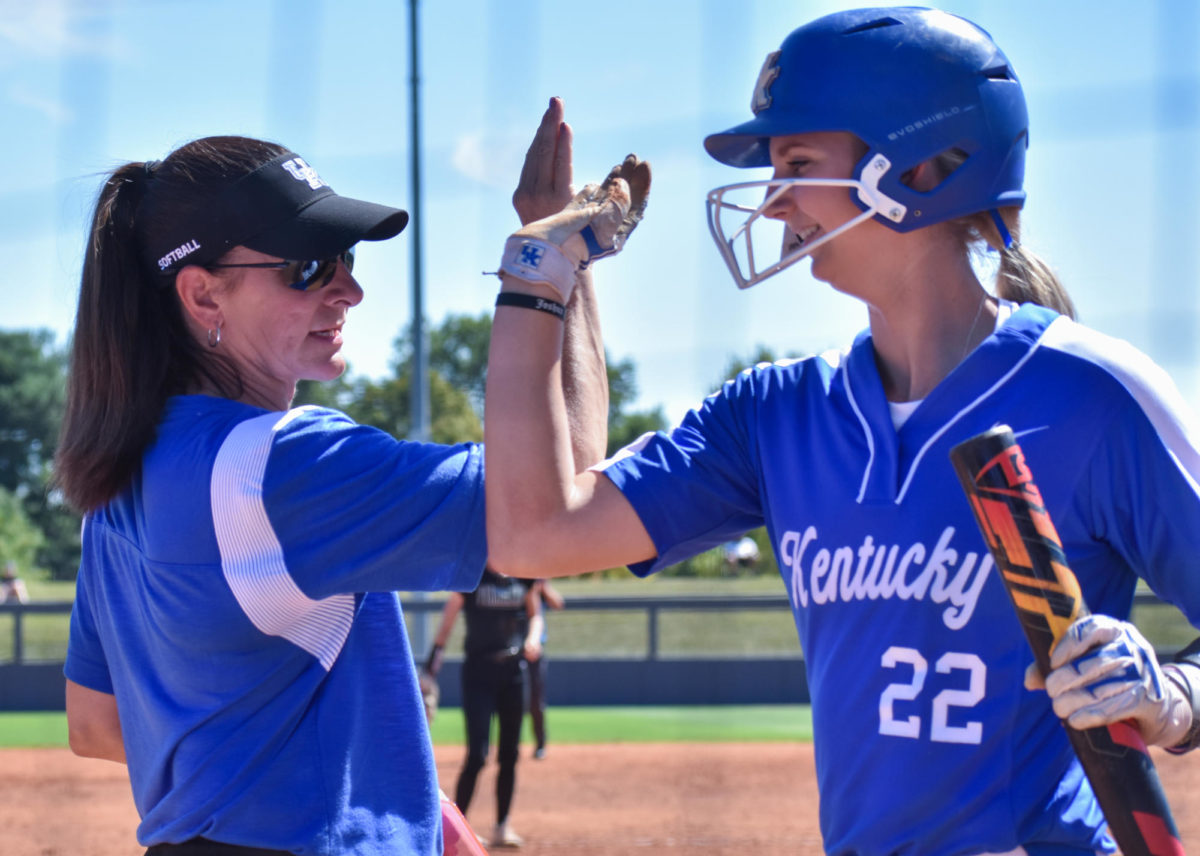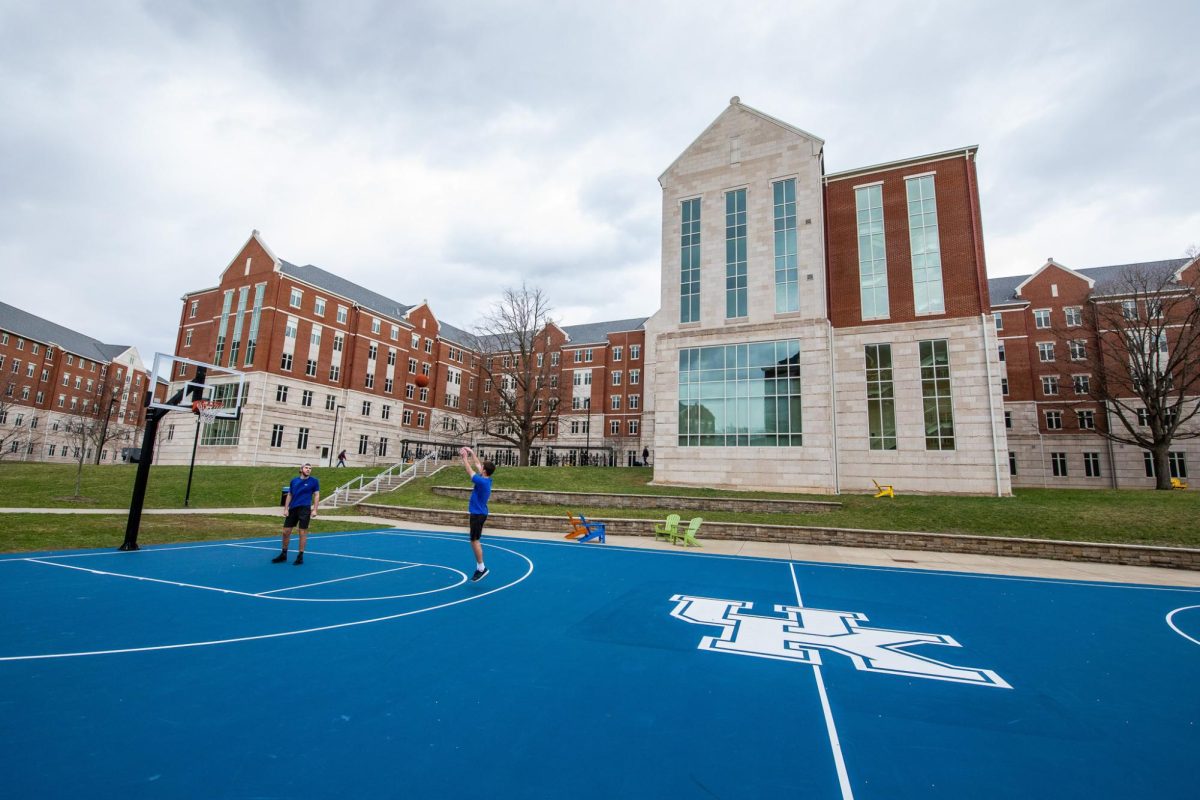Kernel Editorial: Smoking ban remains many words and few actions
September 17, 2012
UK President Eli Capilouto sent out an email on Friday afternoon titled, “Message About UK’s Smoke-free Campus.”
The email said, “I am proud that UK is one of over 500 colleges and universities that do not allow the use of tobacco products. I am writing to ask that tobacco users please respect our tobacco-free campus policy.”
It appears UK has taken few steps to “not allow the use of tobacco products.”
A walk around campus on a given school day would indicate that UK does not take the enforcement of this policy seriously.
There is a “Ring of Fire” that often forms around campus areas where large groups of smokers congregate. These areas include: the Rose Street entrance to Chandler Hospital under the walkway, Good Samaritan Hospital facing Maxwell Street, the student center near Avenue Of Champions, the Engineering Annex and the White Hall Classroom Building.
The north side of the White Hall Building basically serves as a ‘smoking section’ between classes.
Capilouto’s email did not outline any new plans for enforcement or increased penalties for violators.
Until there are more stringent consequences for the smokers, students, faculty and staff will continue to violate the policy.
Lee Todd was president when the smoke-free policy was put into effect. However, he did little to enforce the policy. Capilouto has inherited this policy, but can be the president who actually makes strides toward a smoke-free campus.
If UK does not have a commitment to the smoking ban, the administration or Board of Trustees should move to abolish the policy.
There is no reason to distribute information to the school community and put up signs declaring UK as tobacco-free if in reality it is not.
It is a good pitch to incoming freshmen and their families that UK is smoke-free, but if they tour on a day that UK is in session they are likely baffled by the people blatantly smoking on campus.
For all of the initial uproar that followed UK’s announcement of the smoking ban in November 2009, which included students putting a cigarette in the mouth of the Patterson Statue in protest, the smokers required little change to their habits.
Most of these smokers do not even attempt to hide that they have chosen to defy UK’s policy.
If UK does move to enforce the smoke-free policy there will likely be an uproar from smokers on campus who have grown accustomed to disregarding it. However, since this policy was in place before many of UK’s current students arrived here, they have agreed to follow it by attending.
Capilouto concluded his email by saying, “Thank you for your commitment to this policy, but also to the health and well-being of your fellow students, faculty and staff.” However, if the smokers have so little commitment to their own health that they smoke despite the obvious risks, they clearly also lack a commitment to health of their fellow students, faculty and staff.
Capilouto has shown he is willing to take bold steps to move beyond the previous administration’s inaction on projects such as updating campus housing. Capilouto can once again make a bold step in the enforcement of UK’s smoking ban.















